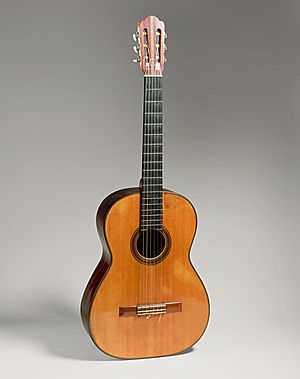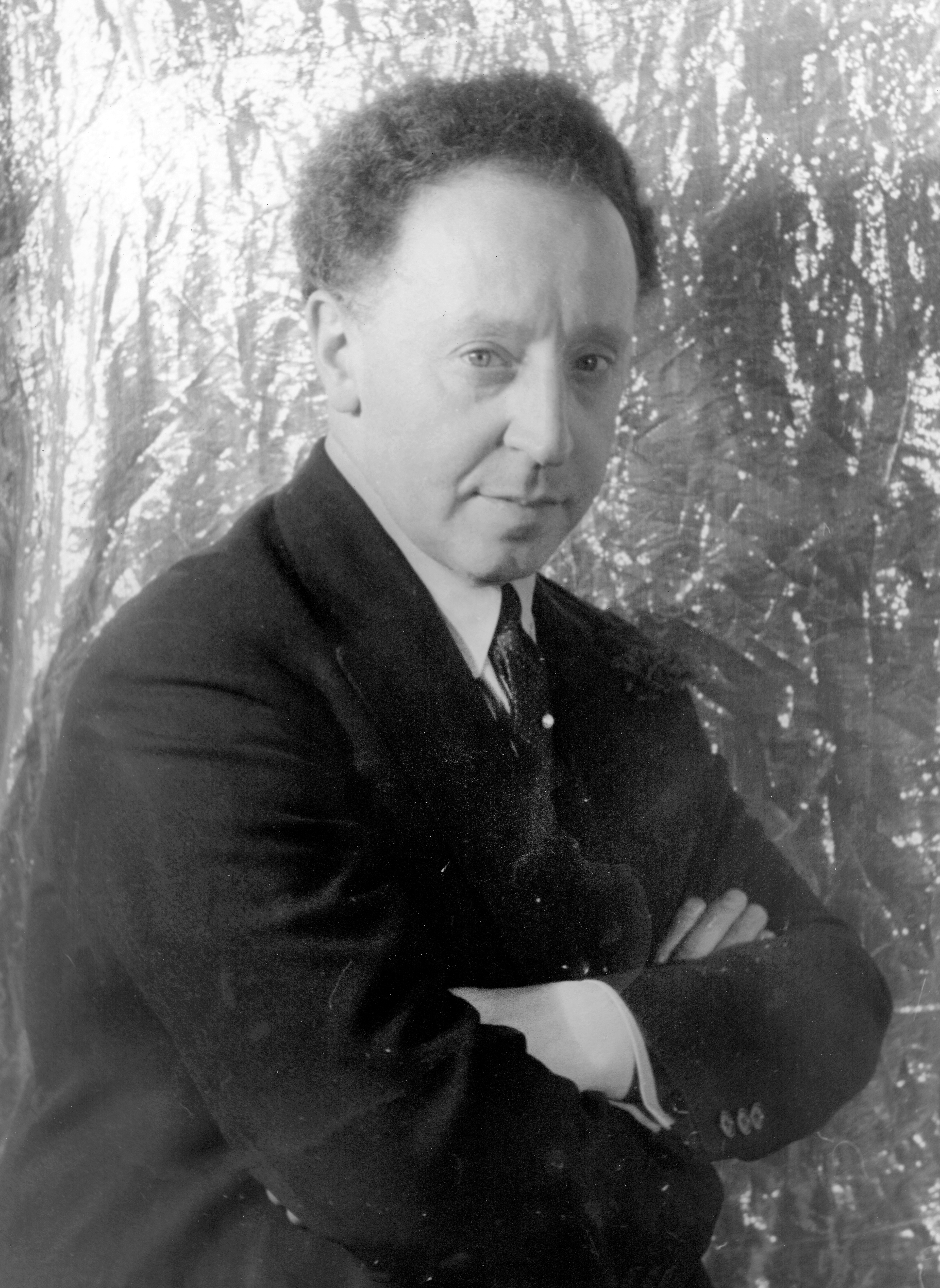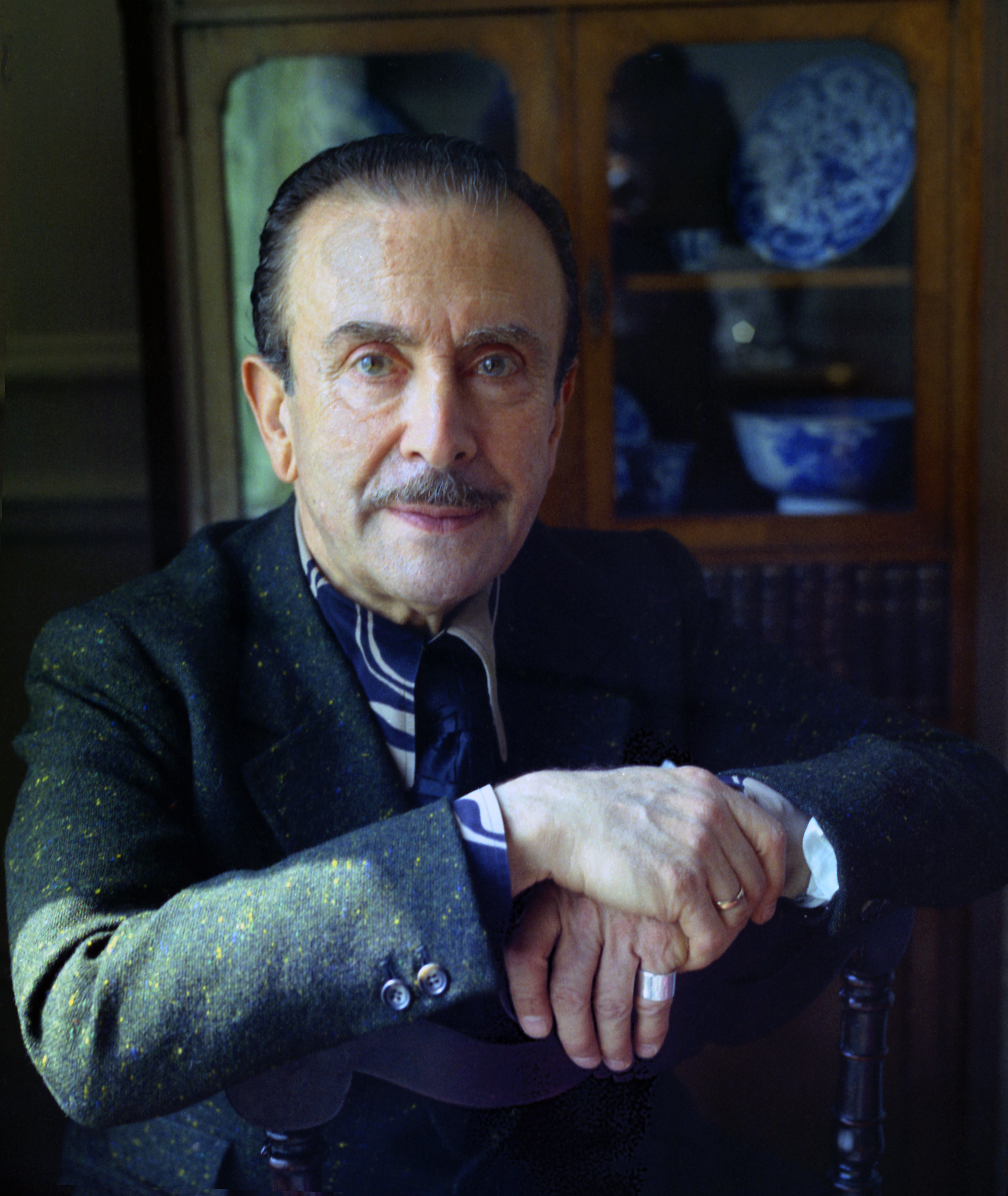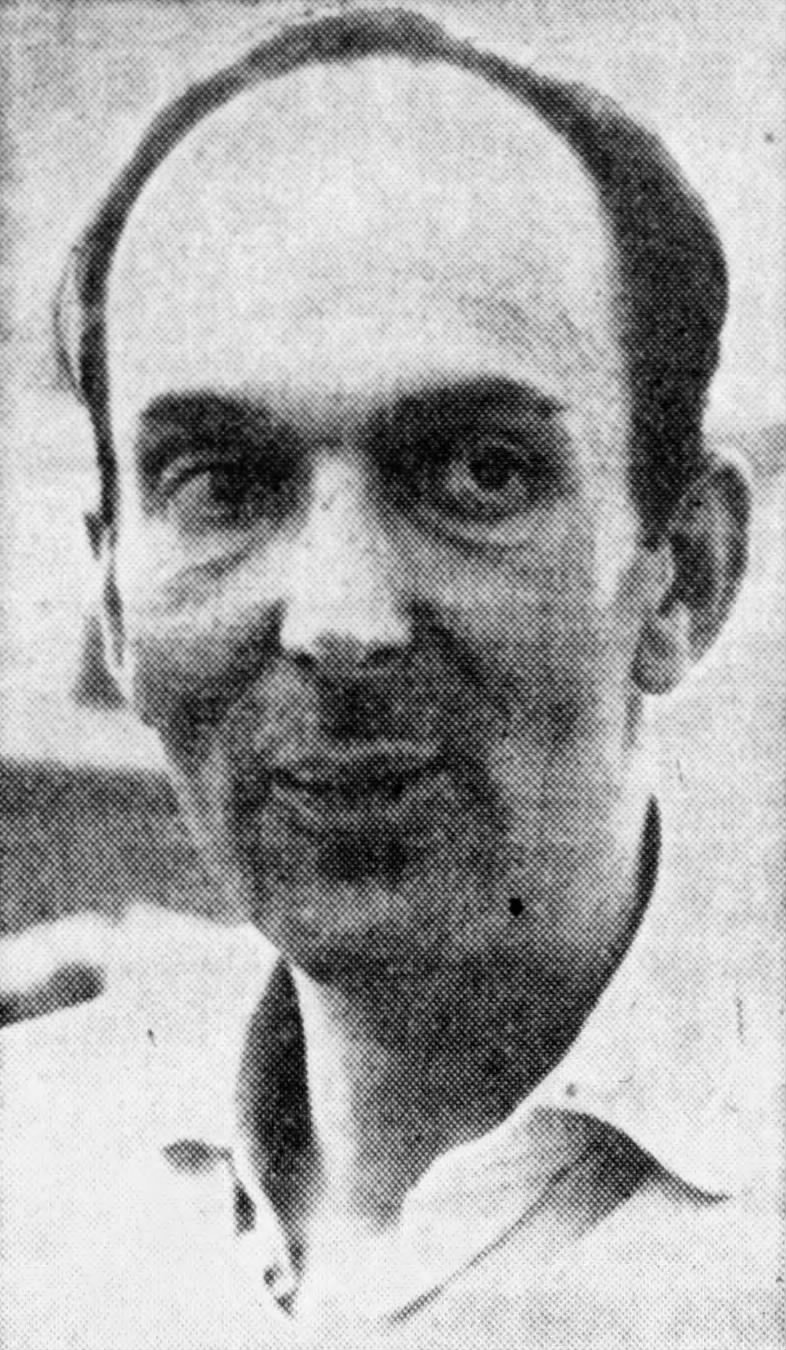|
National Symphony Orchestra Of Peru
The National Symphony Orchestra ( es, (Orquesta Sinfónica Nacional), abbreviated OSN, is the state symphony orchestra of Peru; it is located in Lima. It is one of the components of the Peruvian Ministerio de Cultura. As of 2007, the orchestra had ninety members. Besides the traditional classical repertory, the orchestra also performs Latin American and Peruvian works, including numerous world premieres. History Before the formation of the National Symphony Orchestra, there was an amateur symphony orchestra, founded in 1907 under the auspices of the Lima Philharmonic Society (Sociedad Filarmónica de Lima). The National Symphony Orchestra was founded during the administration of Óscar R. Benavides by law of 11 August 1938. It initially consisted of sixty-four musicians, half of them native Peruvians, the other half foreigners then living in Peru or hired by contract from abroad. The orchestra gave its first concert on 11 December 1938 at the Teatro Municipal de Lima, under ... [...More Info...] [...Related Items...] OR: [Wikipedia] [Google] [Baidu] |
Lima
Lima ( ; ), originally founded as Ciudad de Los Reyes (City of The Kings) is the capital and the largest city of Peru. It is located in the valleys of the Chillón River, Chillón, Rímac River, Rímac and Lurín Rivers, in the desert zone of the central coastal part of the country, overlooking the Pacific Ocean. Together with the seaside city of Callao, it forms a contiguous urban area known as the Lima Metropolitan Area. With a population of more than 9.7 million in its urban area and more than 10.7 million in its metropolitan area, Lima is one of the largest cities in the Americas. Lima was named by natives in the agricultural region known by native Peruvians as ''Limaq''. It became the capital and most important city in the Viceroyalty of Peru. Following the Peruvian War of Independence, it became the capital of the Republic of Peru (República del Perú). Around one-third of the national population now lives in its Lima Metropolitan Area, metropolitan area. The city of Li ... [...More Info...] [...Related Items...] OR: [Wikipedia] [Google] [Baidu] |
Carlos Chávez
Carlos Antonio de Padua Chávez y Ramírez (13 June 1899 – 2 August 1978) was a Mexican composer, conductor, music theorist, educator, journalist, and founder and director of the Mexican Symphonic Orchestra. He was influenced by native Mexican cultures. Of his six symphonies, the second, or '' Sinfonía india'', which uses native Yaqui percussion instruments, is probably the most popular. Biography The seventh child of a criollo family, Chávez was born on Tacuba Avenue in Mexico City, near the suburb of Popotla. His paternal grandfather, José María Chávez Alonso, a former governor of the state of Aguascalientes, had been executed by the French Army in April 1864. His father, Augustín Chávez, who died when Carlos was barely three years old, invented a plough that was produced and used in the United States. Carlos had his first piano lessons from his brother Manuel, and later on he was taught piano by Asunción Parra, Manuel Ponce, and Pedro Luis Ozagón, and har ... [...More Info...] [...Related Items...] OR: [Wikipedia] [Google] [Baidu] |
National Association Of Musical Performing Arts Organizations
National may refer to: Common uses * Nation or country ** Nationality – a ''national'' is a person who is subject to a nation, regardless of whether the person has full rights as a citizen Places in the United States * National, Maryland, census-designated place * National, Nevada, ghost town * National, Utah, ghost town * National, West Virginia, unincorporated community Commerce * National (brand), a brand name of electronic goods from Panasonic * National Benzole (or simply known as National), former petrol station chain in the UK, merged with BP * National Car Rental, an American rental car company * National Energy Systems, a former name of Eco Marine Power * National Entertainment Commission, a former name of the Media Rating Council * National Motor Vehicle Company, Indianapolis, Indiana, USA 1900-1924 * National Supermarkets, a defunct American grocery store chain * National String Instrument Corporation, a guitar company formed to manufacture the first resonator gui ... [...More Info...] [...Related Items...] OR: [Wikipedia] [Google] [Baidu] |
Nicanor Zabaleta
Nicanor Zabaleta (January 7, 1907 – April 1, 1993) was a Spanish harpist. Zabaleta was born in San Sebastián, Spain, on January 7, 1907. In 1914 his father, an amateur musician, bought him a harp in an antique shop. He soon began taking lessons from Vincenta Tormo de Calvo (Madrid Conservatory faculty) and Luisa Menarguez. In 1925 he began studies in Paris, where his teachers were Marcel Tournier and Jacqueline Borot. In 1926, in Paris, he made his own official concert debut. Then he travelled to the U.S. and there, on July 5, 1934 he made his North America debut in New York City. At a concert in Puerto Rico in 1950 he met Graziela and they were married in 1952. They relocated to Spain and Zabaleta began touring Europe. During the years of 1959–1962 he led a harp class on Accademia Musicale Chigiana courses in Siena. He performed mainly music of the 18th century, and also ancient and modern music. People who composed for him include Alberto Ginastera, Darius Milhaud, ... [...More Info...] [...Related Items...] OR: [Wikipedia] [Google] [Baidu] |
Andrés Segovia
Andrés Segovia Torres, 1st Marquis of Salobreña (21 February 1893 – 2 June 1987) was a Spanish virtuoso classical guitarist. Many professional classical guitarists were students of Segovia or their students. Segovia's contribution to the modern-romantic repertoire included not only commissions but also his own transcriptions of classical or baroque works. He is remembered for his expressive performances: his wide palette of tone, and his distinctive musical personality, phrasing and style. Early life Segovia was born on 21 February 1893 in Linares, Jaén. He was sent at a very young age to live with his uncle Eduardo and aunt María. Eduardo arranged for Segovia's first music lessons with a violin teacher after he had recognised that Segovia had an aptitude for music. That proved to be an unhappy introduction to music for the young Segovia because of the teacher's strict methods, and Eduardo stopped the lessons. His uncle decided to move to Granada to allow Segovia to ob ... [...More Info...] [...Related Items...] OR: [Wikipedia] [Google] [Baidu] |
Artur Rubinstein
Arthur Rubinstein ( pl, Artur Rubinstein; 28 January 188720 December 1982) was a Polish-American pianist."Artur Rubinstein" '''' He is widely regarded as one of the greatest pianists of all time. He received international acclaim for his performances of the music written by a variety of composers and many regard him as one of the greatest Chopin interpreters of his time. He played in public for eight decades. Early life [...More Info...] [...Related Items...] OR: [Wikipedia] [Google] [Baidu] |
Yehudi Menuhin
{{disambiguation, given names ...
Yehudi or Jehudi (Hebrew: יהודי, endonym for Jew) is a common Hebrew name: * Yehudi Menuhin (1916–1999), violinist and conductor ** Yehudi Menuhin School, a music school in Surrey, England ** Who's Yehoodi?, a catchphrase referring to the violinist * Yehudi Wyner (born 1929), composer and pianist * Jehudi Ashmun (1794–1828), religious leader and social reformer Other uses * Yehudi lights See also * Yahud (other) * Yehuda (other) * Yuda (other), / Juda (other) / Judah (other) * Jew (word) The English term ''Jew'' originates in the Biblical Hebrew word ''Yehudi'', meaning "from the Kingdom of Judah". It passed into Greek as ''Ioudaios'' and Latin as ''Iudaeus'', which evolved into the Old French ''giu'' after the letter "d" wa ... [...More Info...] [...Related Items...] OR: [Wikipedia] [Google] [Baidu] |
Claudio Arrau
Claudio Arrau León (; February 6, 1903June 9, 1991) was a Chilean pianist known for his interpretations of a vast repertoire spanning the baroque to 20th-century composers, especially Bach, Beethoven, Schubert, Chopin, Schumann, Liszt and Brahms. He is widely considered one of the greatest pianists of the twentieth century. Life Arrau was born in Chillán, Chile, the son of Carlos Arrau, an ophthalmologist who died when Claudio was only a year old, and Lucrecia León Bravo de Villalba, a piano teacher. He belonged to an old, prominent family of Southern Chile. His ancestor Lorenzo de Arrau, a Spanish engineer, was sent to Chile by King Carlos III of Spain. Through his great-grandmother, María del Carmen Daroch del Solar, Arrau was a descendant of the Campbells of Glenorchy, a Scottish noble family. Arrau was raised as a Catholic, but gave it up in his late teens. Arrau was a child prodigy and he could read music before he could read words, but unlike many virtuosos, t ... [...More Info...] [...Related Items...] OR: [Wikipedia] [Google] [Baidu] |
Igor Stravinsky
Igor Fyodorovich Stravinsky (6 April 1971) was a Russian composer, pianist and conductor, later of French (from 1934) and American (from 1945) citizenship. He is widely considered one of the most important and influential composers of the 20th century and a pivotal figure in modernist music. Stravinsky's compositional career was notable for its stylistic diversity. He first achieved international fame with three ballets commissioned by the impresario Sergei Diaghilev and first performed in Paris by Diaghilev's Ballets Russes: ''The Firebird'' (1910), ''Petrushka'' (1911), and ''The Rite of Spring'' (1913). The last transformed the way in which subsequent composers thought about rhythmic structure and was largely responsible for Stravinsky's enduring reputation as a revolutionary who pushed the boundaries of musical design. His "Russian phase", which continued with works such as '' Renard'', ''L'Histoire du soldat,'' and ''Les noces'', was followed in the 1920s by a period ... [...More Info...] [...Related Items...] OR: [Wikipedia] [Google] [Baidu] |
Hermann Scherchen
Hermann Scherchen (21 June 1891 – 12 June 1966) was a German conductor. Life Scherchen was born in Berlin. Originally a violist, he played among the violas of the Bluthner Orchestra of Berlin while still in his teens. He conducted in Riga from 1914 to 1916 and in Königsberg from 1928 to 1933, after which he left Germany in protest of the new Nazi regime and worked in Switzerland. Along with the philanthropist Werner Reinhart, Scherchen played a leading role in shaping the musical life of Winterthur for many years, with numerous premiere performances, the emphasis being placed on contemporary music. From 1922 to 1950, he was the principal conductor of the city orchestra of Winterthur (today known as Orchester Musikkollegium Winterthur). Making his debut with Arnold Schoenberg's ''Pierrot Lunaire'', he was a champion of 20th-century composers such as Richard Strauss, Anton Webern, Alban Berg and Edgard Varèse, and actively promoted the work of younger contemporary composers ... [...More Info...] [...Related Items...] OR: [Wikipedia] [Google] [Baidu] |
Malcolm Sargent
Sir Harold Malcolm Watts Sargent (29 April 1895 – 3 October 1967) was an English conductor, organist and composer widely regarded as Britain's leading conductor of choral works. The musical ensembles with which he was associated included the Ballets Russes, the Huddersfield Choral Society, the Royal Choral Society, the D'Oyly Carte Opera Company, and the London Philharmonic, Hallé, Liverpool Philharmonic, BBC Symphony and Royal Philharmonic orchestras. Sargent was held in high esteem by choirs and instrumental soloists, but because of his high standards and a statement that he made in a 1936 interview disputing musicians' rights to tenure, his relationship with orchestral players was often uneasy. Despite this, he was co-founder of the London Philharmonic, was the first conductor of the Liverpool Philharmonic as a full-time ensemble, and played an important part in saving the Royal Philharmonic Orchestra from disbandment in the 1960s. As chief conductor of London's ... [...More Info...] [...Related Items...] OR: [Wikipedia] [Google] [Baidu] |
Igor Markevitch
Igor Borisovich Markevitch (russian: Игорь Борисович Маркевич, ''Igor Borisovich Markevich'', uk, Ігор Борисович Маркевич, ''Ihor Borysovych Markevych''; 27 July 1912 – 7 March 1983) was a Russian-born composer and conductor who studied and worked in Paris and became a naturalized Italian and French citizen in 1947 and 1982 respectively. He was commissioned in 1929 for a piano concerto by impresario Serge Diaghilev of the Ballet Russe de Monte Carlo. Markevitch settled in Italy during World War II. After the war, he moved to Switzerland. He had an international conducting career from there. He was married twice and had three sons and two daughters. Origin He was born in Kiev, Kiev Governorate, Russian Empire (today Kyiv, Ukraine) to a family of Ukrainian Cossack ''starshyna'' who were ennobled in the 18th century. His great-grandfather Andrey Markevitch was a Secretary of State at the time of Alexander II of Russia, Actual Priv ... [...More Info...] [...Related Items...] OR: [Wikipedia] [Google] [Baidu] |
%2C_Guamán_Poma%2C_1616.jpg)







